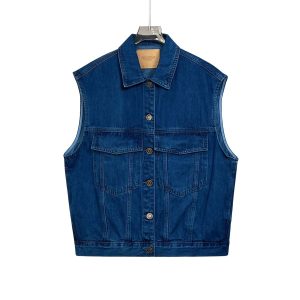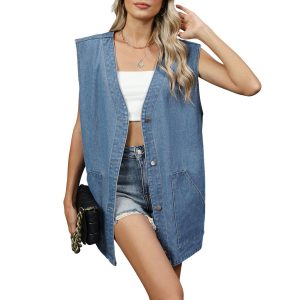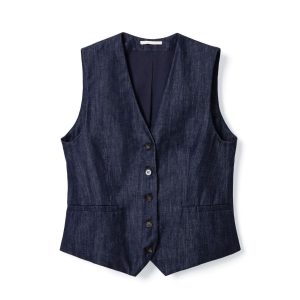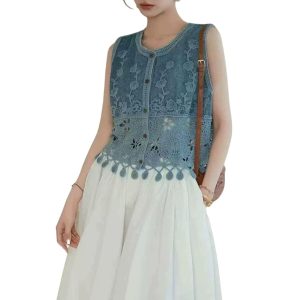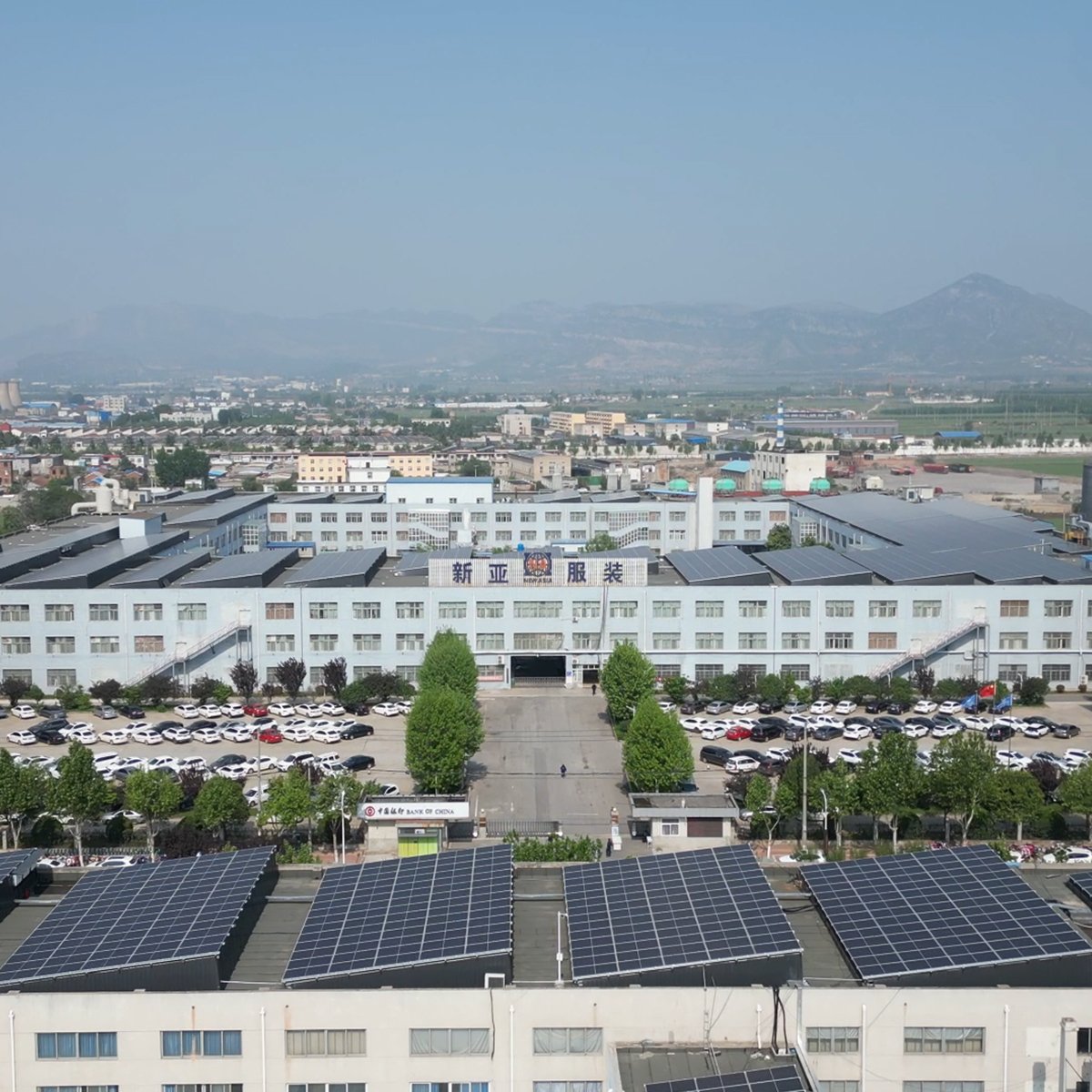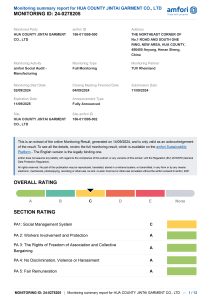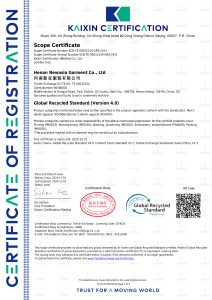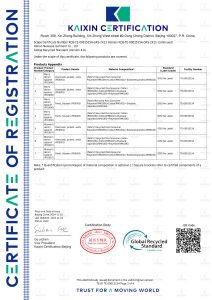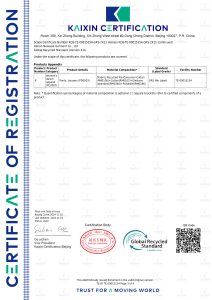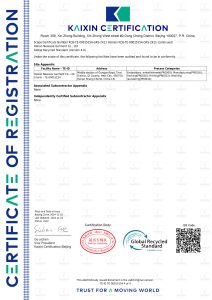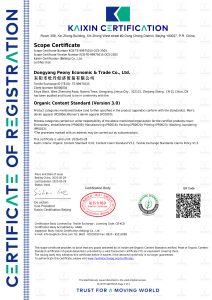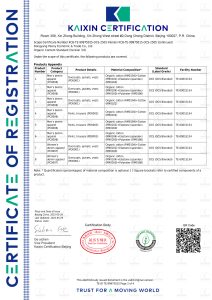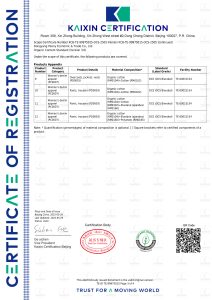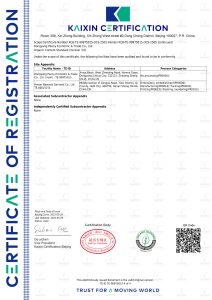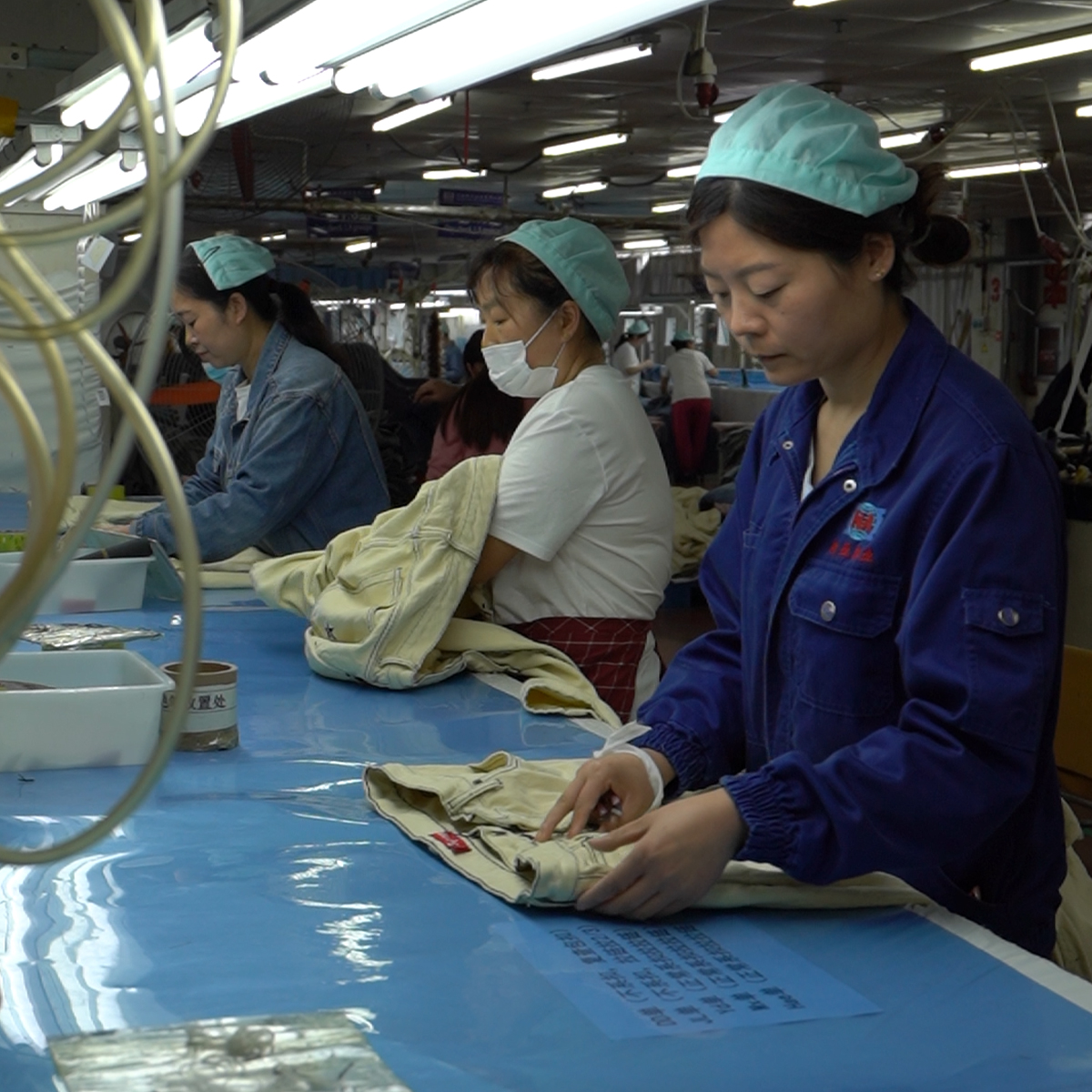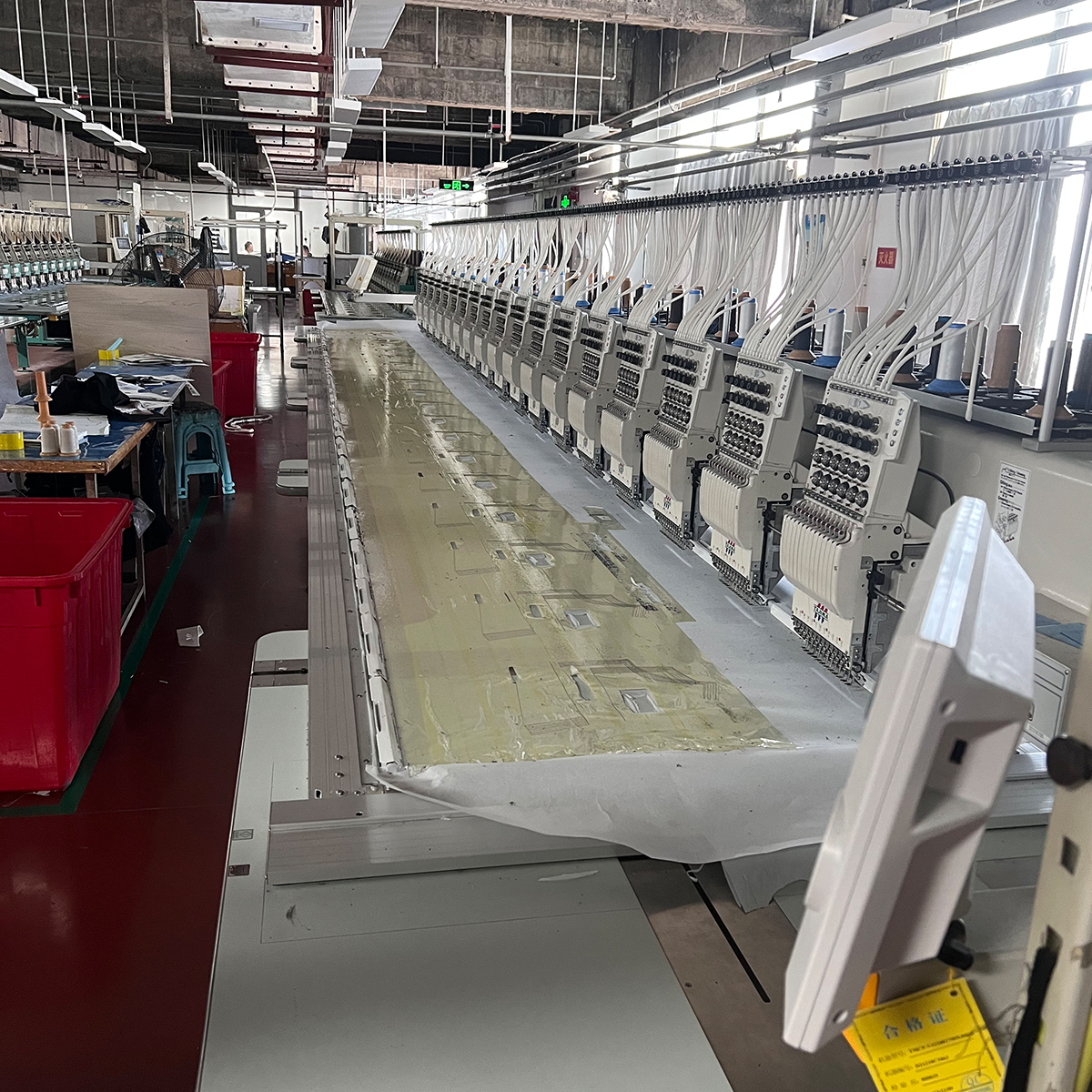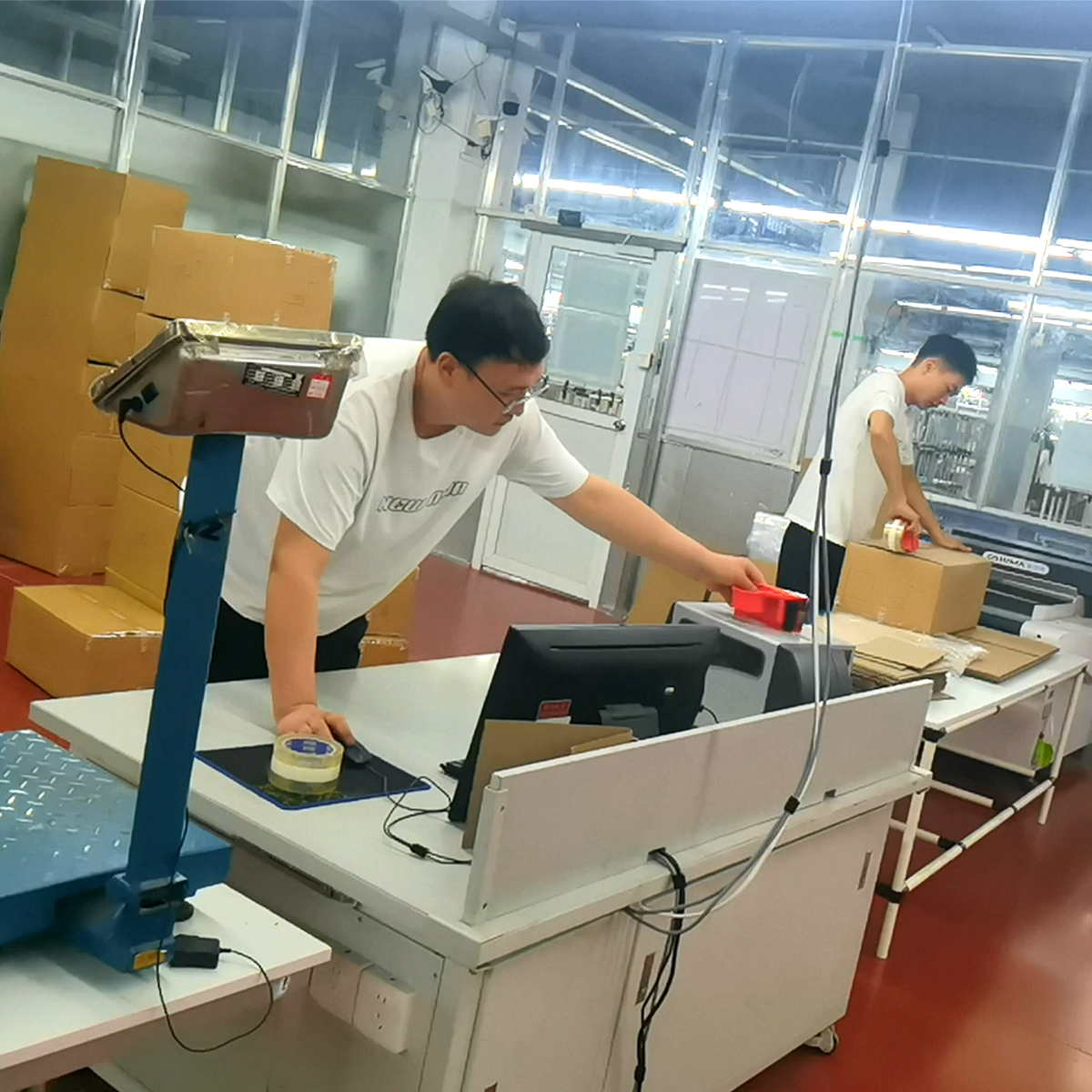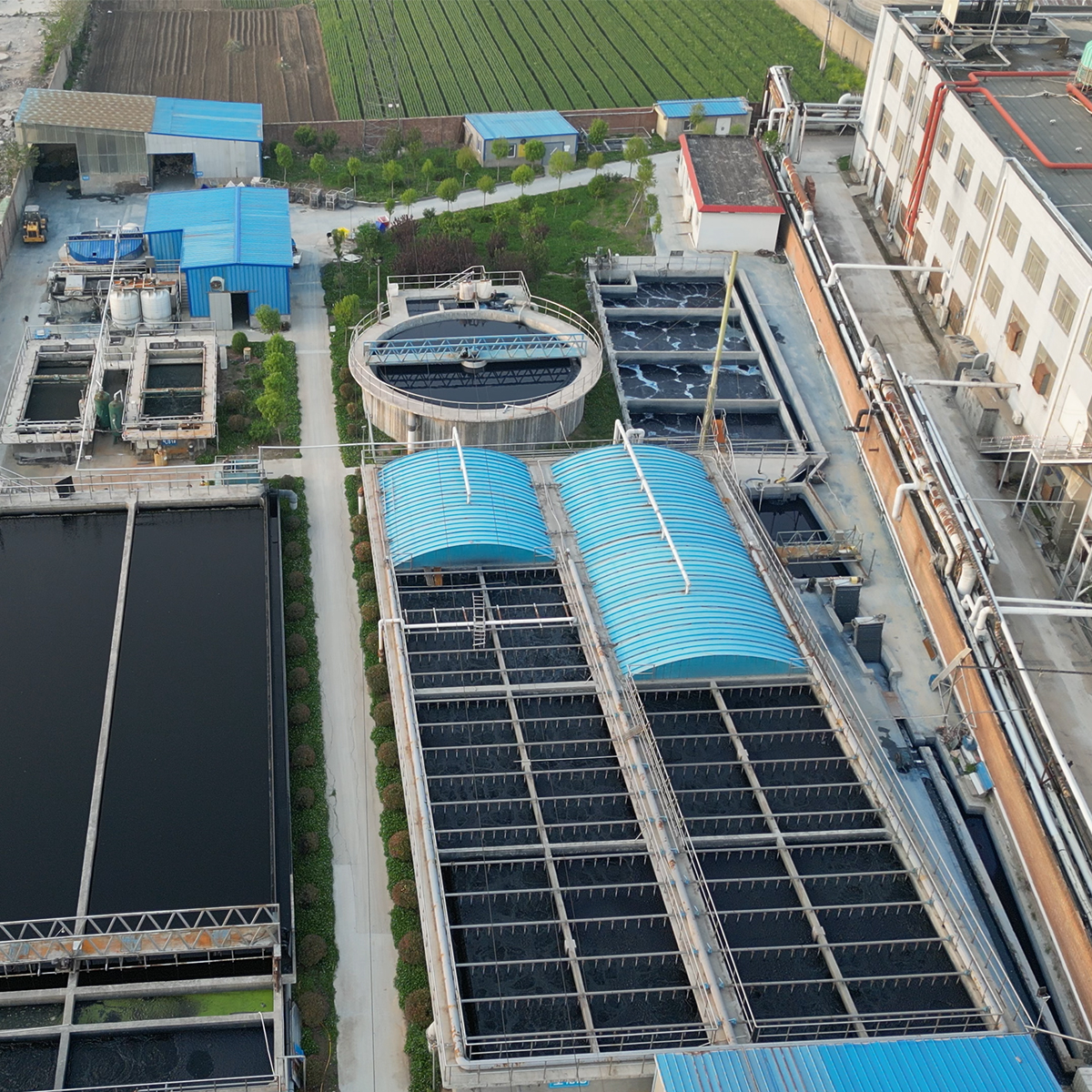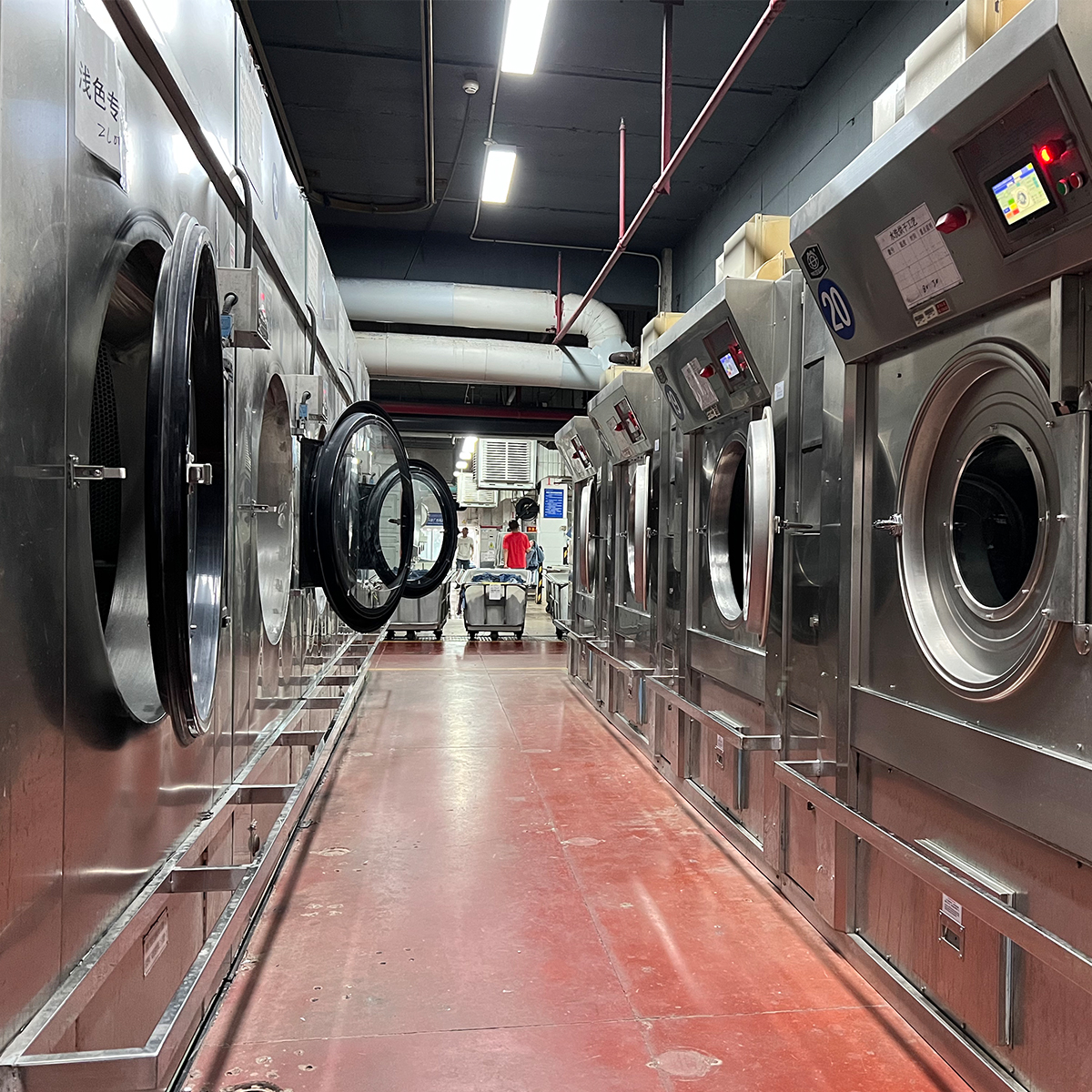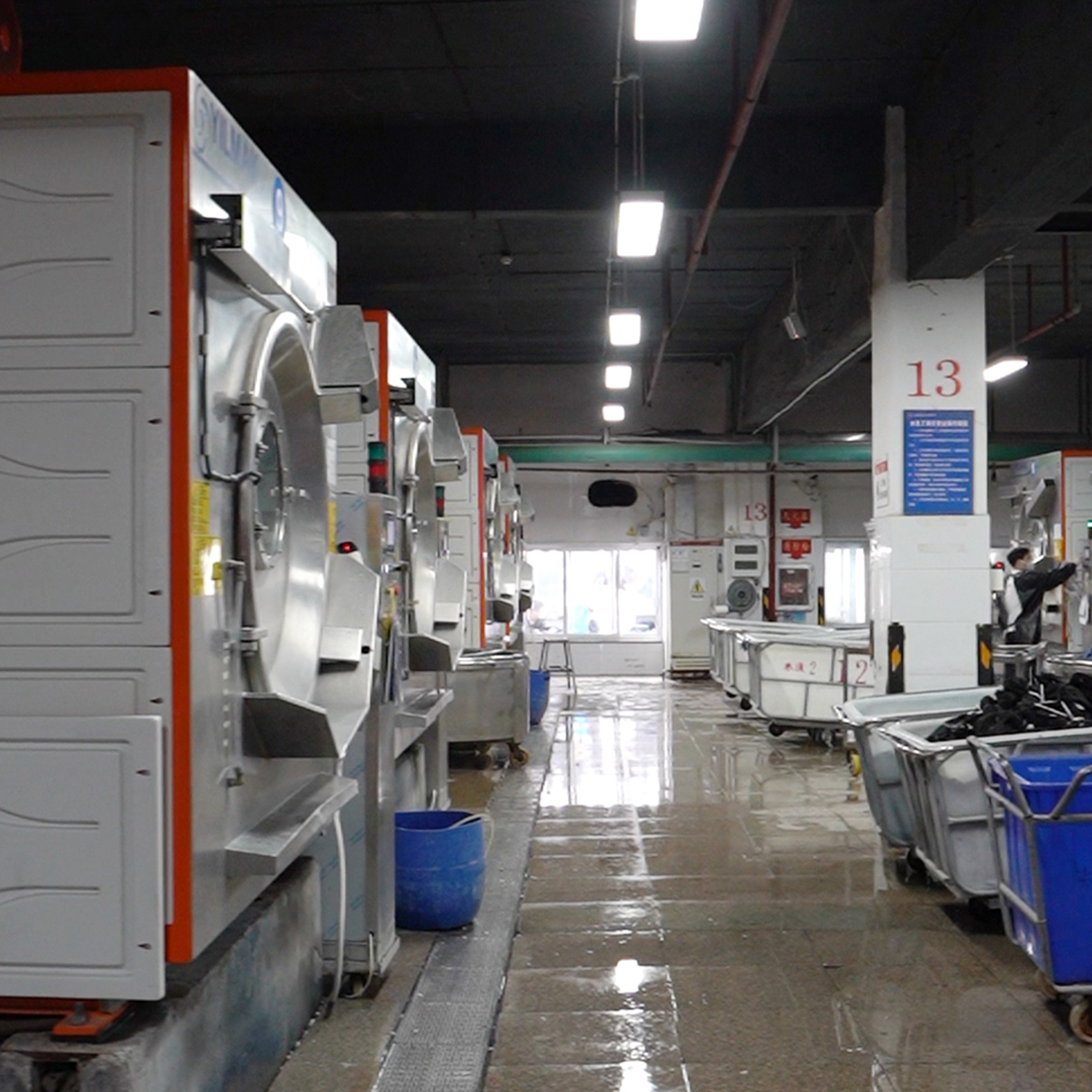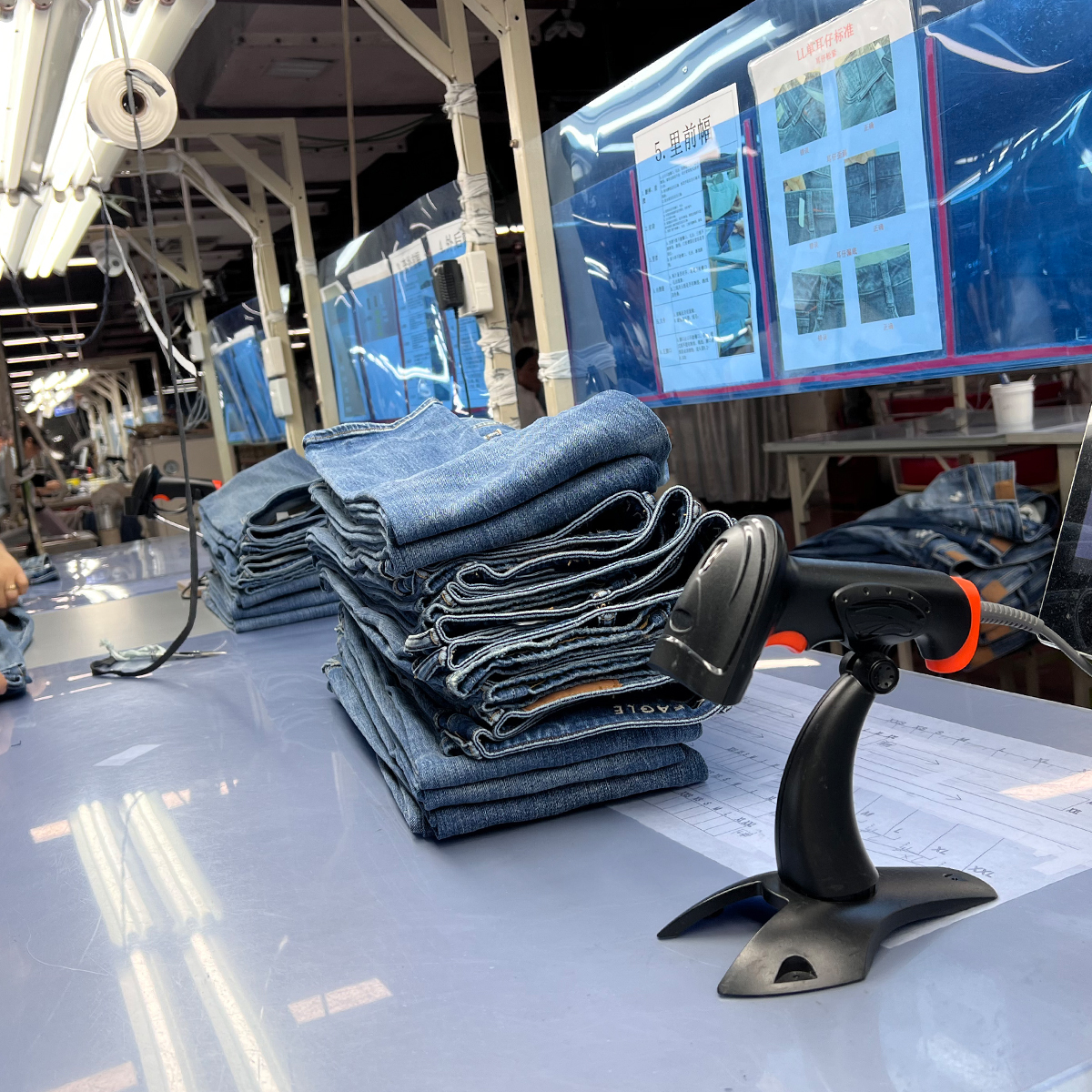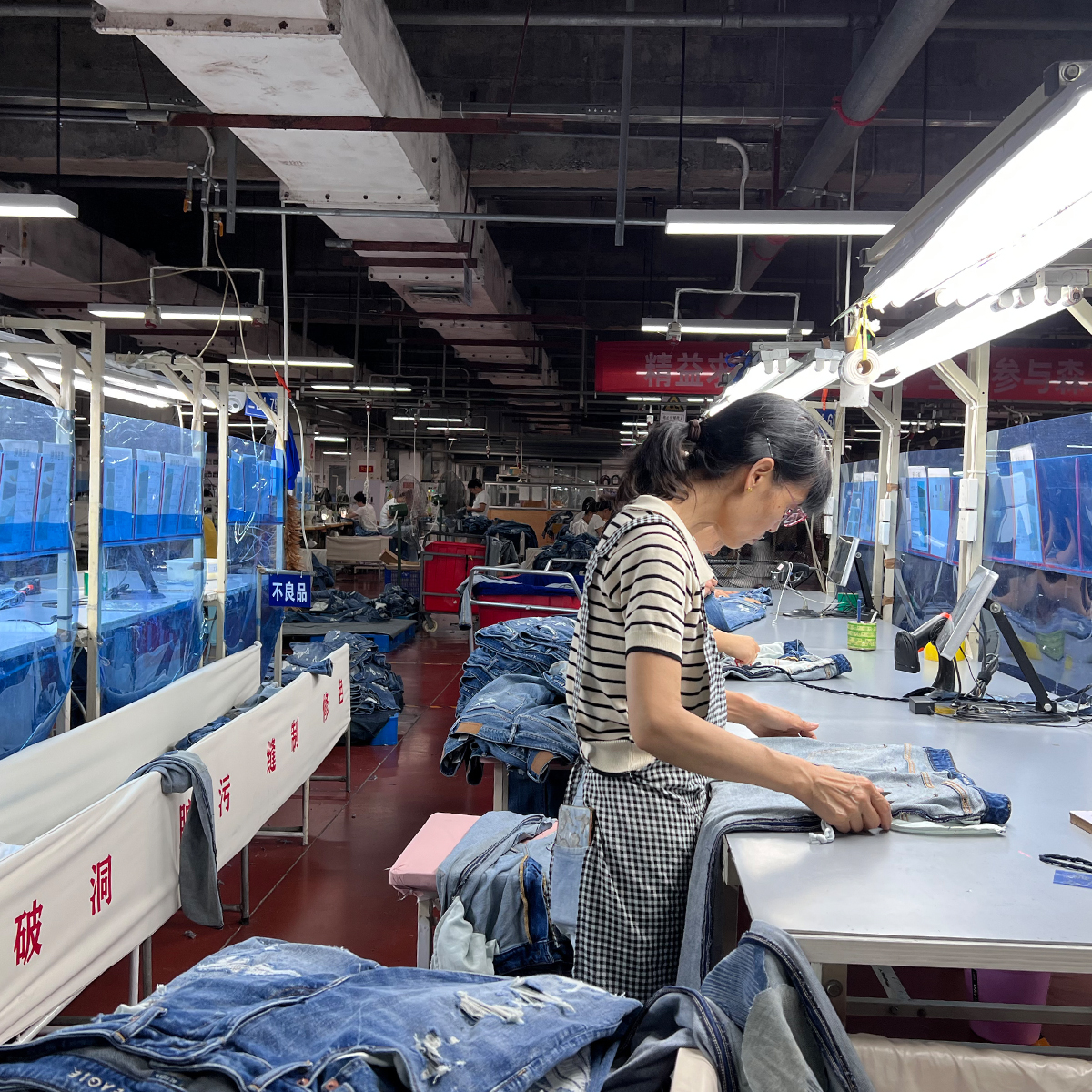South Africa is one of the prominent players in the global textile industry, featuring a vast array of clothing fabric manufacturers contributing significantly to the economy. The country boasts a rich heritage of textile production, owing to its access to local resources and a talented workforce. In this article, we will explore some of the top clothing fabric manufacturers in South Africa, their unique contributions to the industry, and what sets them apart from the competition.
The Textile Industry Landscape in South Africa
The South African textile industry has evolved remarkably over the past few decades. In recent years, there has been a resurgence in local manufacturing due to a shift in consumer preferences towards sustainable and ethically produced textiles. This resurgence has paved the way for local manufacturers to innovate and produce a range of fabrics that not only meet international standards but also resonate with the local culture and environment.
1. Aranda Textiles
Established in 1946, Aranda Textiles is one of South Africa’s oldest and most respected textile manufacturers. Specializing in the production of blanket fabrics, the company has expanded its product line to include a variety of other fabrics, including home textiles and apparel fabrics. With an unwavering commitment to quality, Aranda sources its raw materials from local suppliers, ensuring that their production processes support the local economy.
Aranda Textiles has invested significantly in advanced technology, enabling them to produce fabrics that are both durable and comfortable. Their collection features a distinctive South African flair, appealing to both local and international markets.
2. M&J Textiles
Another notable manufacturer, M&J Textiles, is renowned for its diverse range of fabrics, particularly in the clothing sector. Established in 1978, M&J focuses on innovation, offering a wide selection of fabrics such as denim, cotton, and blended materials. The company prides itself on sustainability, utilizing eco-friendly production methods and materials to craft its products.
M&J Textiles is also known for its commitment to social responsibility, providing fair working conditions for its staff and supporting various community initiatives. Their fabrics are widely used in both local and international fashion houses, indicating their strong presence in the global supply chain.
3. The Textile Factor
The Textile Factor aims to revolutionize the fabric industry with its high-quality materials tailored for designers and small fashion brands. They supply an array of fabrics including knitwear, synthetics, and natural fibers, catering specifically to the needs of local designers.
Established to bridge the gap between designers and fabric manufacturers, The Textile Factor emphasizes a collaborative approach. This strategy not only aids designers in finding the perfect fabric but also allows the manufacturer to stay tuned to the latest fashion trends.
4. Cape Wools SA
Cape Wools SA plays a pivotal role in the South African wool sector, promoting the country’s wool growers and manufacturers. This organization provides an extensive range of wool-based fabrics that are celebrated for their quality and versatility. Products include everything from luxury suits to sporty fabrics that cater to various demographics.
In addition to promoting local production, Cape Wools SA is also committed to sustainable practices, ensuring that their production processes align with environmental regulations, further enhancing the value of South African wool in the global market.
5. Chenille Textiles
Specializing in high-quality upholstery and apparel fabrics, Chenille Textiles has marked its position in the industry with a wide variety of textures and colors. Their innovative fabric technology allows for unique finishes, which have made their products popular among designers looking to infuse creativity and sophistication into their lines.
Founded on the principles of creativity and quality, Chenille Textiles collaborates closely with designers and businesses to create customized solutions that meet their specific needs. Their strong emphasis on quality control ensures that every yard of fabric meets their high standards.
6. Luthando Textile Mills
Luthando Textile Mills is known for manufacturing woven fabric products that cater primarily to the clothing industry. Their focus on high-quality production processes has gained them a substantial following among local fashion brands. The mill emphasizes local sourcing, ensuring they minimize their environmental footprint while supporting the local economy.
Operating with state-of-the-art technology, Luthando offers a variety of fabrics that span many applications, from everyday wear to high-end fashion. Their commitment to innovation keeps them at the forefront of the fabric manufacturing industry.
7. Halls Cotton
One of the leading manufacturers of natural cotton fabrics in South Africa, Halls Cotton is widely recognized for its commitment to sustainable practices. The company sources its cotton from local farmers, championing fair trade practices. Halls Cotton produces a range of fabrics ideal for various applications, including apparel, home textiles, and industrial use.
With a mission to foster environmental sustainability, Halls Cotton employs eco-friendly practices throughout their manufacturing process. This focus not only ensures the production of quality fabrics but also supports the welfare of the ecosystem.
8. Springfield Textile Mills
Springfield Textile Mills is another illustrious name in the South African textile industry, specializing in knit fabrics. Their approach to production combines traditional techniques with modern technology, resulting in unique and high-quality fabrics. Springfield’s flexibility in manufacturing enables them to respond quickly to changing market demands and customer preferences.
The company also invests heavily in research and development, ensuring that they remain at the forefront of textile innovation. They work closely with designers to understand the latest fashion trends and adapt their offerings accordingly.
Why Choose Local Manufacturers?
Choosing local fabric manufacturers is essential for several reasons. Firstly, it supports the South African economy by providing jobs and stimulating local industries. Secondly, local manufacturers often have a better understanding of the cultural nuances of fashion, allowing them to create fabrics that resonate with local consumers. Lastly, with the world moving towards sustainability, local production minimizes the carbon footprint associated with transporting goods across the globe.
The Future of South Africa’s Textile Industry
The future of South Africa’s textile industry looks promising, with local manufacturers becoming more innovative and environmentally conscious. As consumer preferences continue to evolve, manufacturers who adapt to these changes, while supporting ethical practices and sustainability, will undoubtedly thrive.
Furthermore, the shift back towards local production catalyzed by the pandemic has opened new opportunities for South African manufacturers. Collaborations with designers and increased investments in technology and quality could lead to a flourishing textile sector that might set new benchmarks in the global arena.
As we have explored above, South Africa is home to a diverse range of clothing fabric manufacturers, each contributing uniquely to the industry. The landscape is vibrant and full of innovation, making it an exciting time for both manufacturers and consumers alike.



